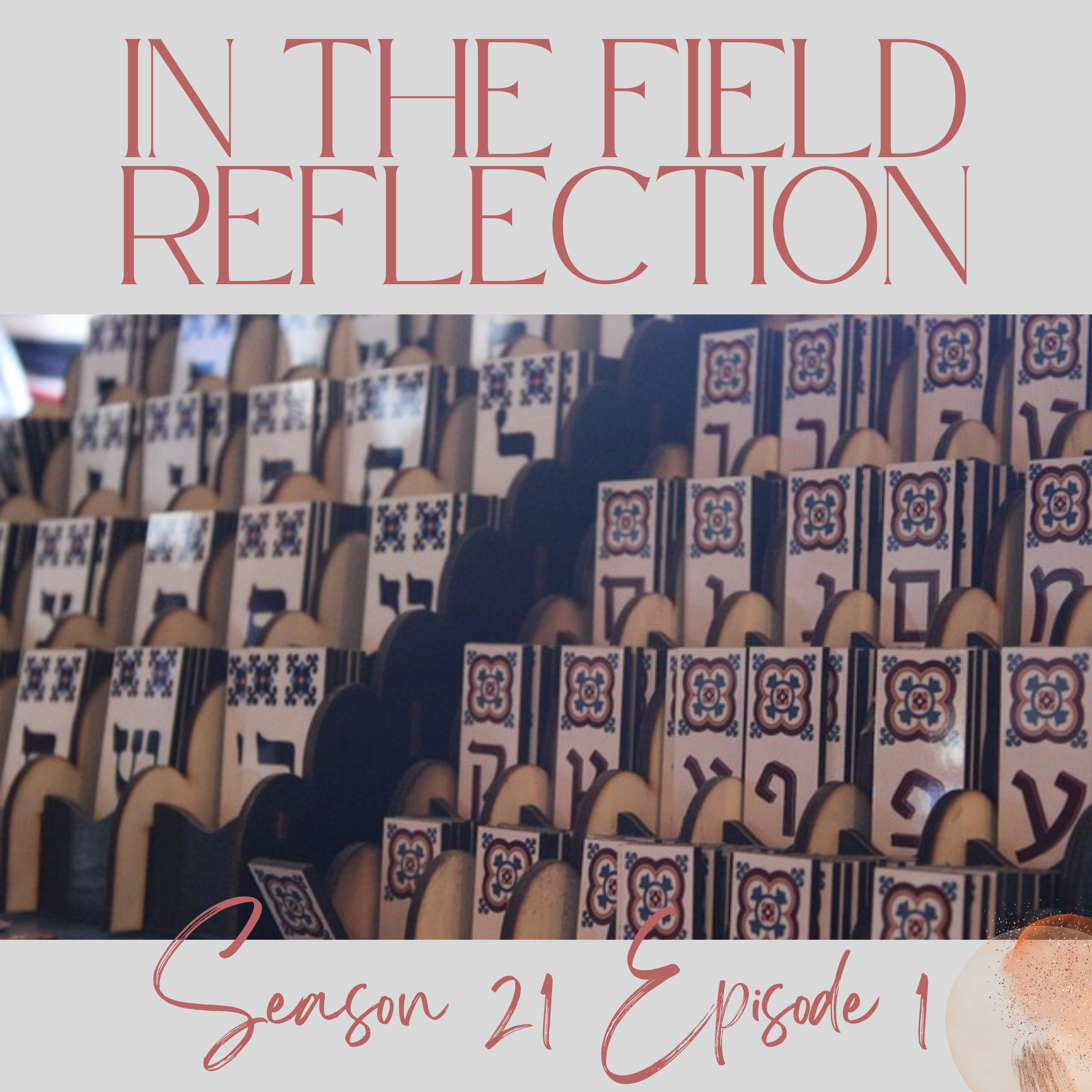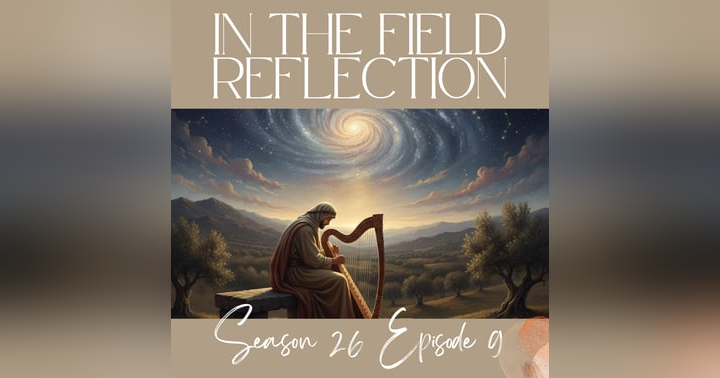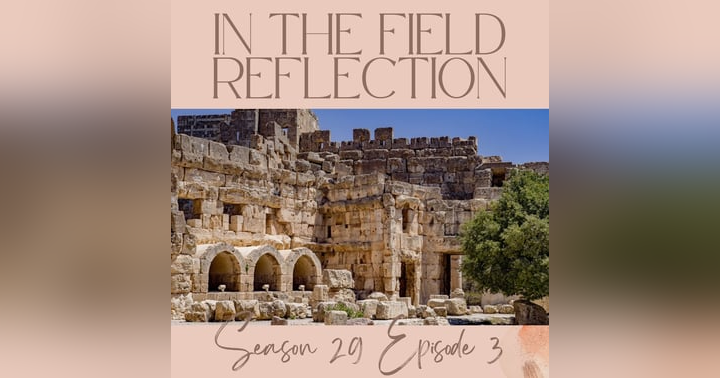The Great Day of the Lord: Zephaniah's Vision of Judgment

The Book of Zephaniah offers one of the most vivid prophetic visions of divine judgment in scripture, inviting us to experience ancient Jerusalem through the eyes of a royal prophet. In this powerful first chapter, we are transported to the reign of King Josiah, where Zephaniah—a descendant of King Hezekiah himself—delivers a message that would shake the foundations of Judah and beyond as Zephaniah's vision of judgment unfolds with devastating clarity.
Zephaniah's unique perspective comes from his royal lineage, which gives him intimate access to both the corridors of power and the spiritual pulse of the nation. Unlike many prophets who arose from humble beginnings, Zephaniah carried the blood of kings while delivering the uncompromising message of judgment. This tension between his heritage and his calling creates a compelling backdrop for understanding the urgency of his prophecy.
The historical context reveals a nation caught in spiritual duplicity. Despite King Josiah's religious reforms, Zephaniah exposes the superficial nature of Judah's commitment to God. The people maintained a facade of proper worship while secretly embracing pagan practices—building shrines to Baal in their homes, worshipping celestial bodies on their rooftops, and swearing allegiance to both Yahweh and Molech. This spiritual adultery forms the core grievance in God's indictment against His people.
What makes Zephaniah's message particularly striking is his unflinching description of the coming "Day of the Lord." Unlike prophets who balance judgment with immediate promises of restoration, Zephaniah's first chapter presents an unrelenting vision of divine wrath. He describes this day with a series of powerful descriptors: "a day of wrath," "a day of distress and anguish," "a day of devastation and desolation," "a day of darkness and gloom." This repetitive structure builds a crescendo of impending doom that would have resonated deeply with his listeners.
The prophet's condemnation specifically targets several groups within Judean society. He pronounces judgment on corrupt religious leaders who serve both God and idols, on nobility who adopt foreign customs and dress, on merchants who practice dishonesty, and on the complacent who believe "the Lord will not do good or harm." This comprehensive indictment leaves no segment of society untouched, revealing that spiritual corruption had infected every level of the nation.
Perhaps the most sobering aspect of Zephaniah's prophecy is his declaration that material wealth provides no security against divine judgment: "Neither their silver nor their gold will be able to save them on the day of the Lord's wrath." This powerful statement challenges our modern tendency to find security in financial prosperity rather than spiritual fidelity. In a world increasingly defined by material success, Zephaniah's ancient warning rings with renewed relevance.
The imagery of God "searching Jerusalem with lamps" presents a particularly vivid picture of divine scrutiny. No hidden sin, no secret compromise, no private idolatry will escape the penetrating light of God's judgment. This metaphor serves as both warning and invitation—warning of inescapable accountability and invitation to voluntary transparency before God rather than forced exposure later.
While Zephaniah's prophecy was fulfilled historically in the Babylonian conquest of Jerusalem, its theological significance extends far beyond that single event. The prophet's vision of the Day of the Lord foreshadows the ultimate day of judgment described in the New Testament, when Christ will return to judge the living and the dead. This eschatological dimension gives Zephaniah's words continued relevance for every generation of believers.
The enduring message of Zephaniah chapter one reminds us that God's patience, while extraordinary, is not infinite. There comes a point when persistent rebellion meets divine justice. Yet even in this severe message, we can discern the heart of a God who warns before He judges, who sends prophets before punishment, who desires repentance rather than retribution. Zephaniah's words, though difficult, ultimately reveal a God of both perfect holiness and perfect love.



